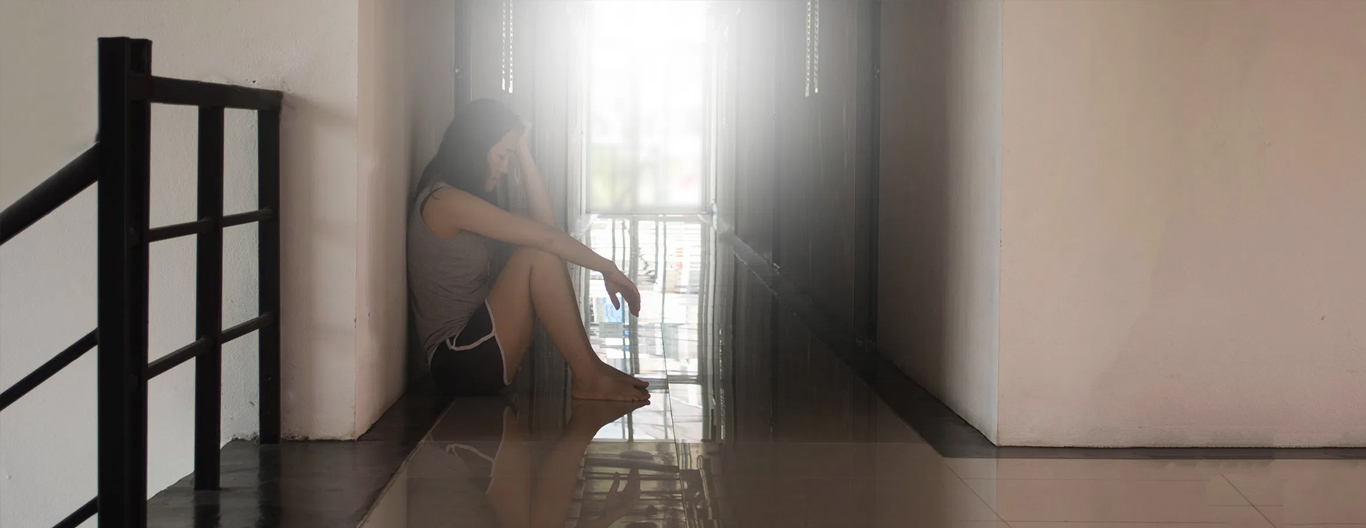An interdisciplinary, cross-country team of researchers are tackling the issue of trafficking in human beings (THB) by providing businesses in the hospitality and tourism sector with a practical toolkit for combating and mitigating their risk of involvement in THB.
The problem
According to the Walk Free Foundation, over 40 million people worldwide are trapped in some form of modern slavery, between 21-35 million of whom will have been trafficked. A fast-growing criminal activity, trafficking in human beings (THB) involves the movement of victims through force, coercion or abuse – and primarily for the purposes of sexual or labour exploitation. The hotel industry has been identified as a conduit for both the sexual and labour exploitation of trafficked victims, with high profile cases of trafficking having been exposed in large international hotel brands in the UK, US and China.
The research
The interdisciplinary COMBAT team comprised legal, security, psychology and hospitality management experts from Oxford Brookes University, the University of West London, Lapland University of Applied Sciences in Finland and the NGO Ratiu Foundation for Democracy in Romania. Gathering data from across the UK, Finland and Romania, the investigators conducted the research in three stages: semi-structured key informant interviews; a survey of hotel managers; and, finally, testing and refining the resources developed by the team through focus groups with key stakeholders.
COMBAT examined THB from three perspectives: that of the victim; that of law enforcement; and that of the hotel business; and the research resulted in the COMBAT Toolkit, which is designed to meet the needs of different industry sectors and varying types of accommodation businesses. The COMBAT Toolkit includes a wide range of resources for unit-level employees, senior management and corporate/ board levels, including:
- A model of the THB victim’s journey to help businesses spot the signs of, and erect barriers to, trafficking;
- THB case studies;
- 10-minute pre-shift training sessions;
- A train-the-trainer guide.
Aimed at more senior levels within the hospitality and tourism industry, the Toolkit also contains:
- A Google Earth map of trafficking routes, which can be used in portfolio risk assessment exercises;
- Advice on policy development, reporting and auditing procedures within the business and supply chains;
- Guidance on working collaboratively with NGOs to support trafficked victims as well as with law enforcement to help prosecute traffickers.
The impact
Officially endorsed and commended by the Institute of Hospitality (IOH), the Toolkit is freely available to industry and academia via a microsite hosted by Oxford Brookes University. Indeed, the International Center for Migration Policy Development (ICMPD) has already translated a number of the Toolkit’s resources, which are to be included in the training of police and border officials in seven European countries that are known to be susceptible to labour trafficking. The Shiva Foundation, a corporate organisation that aims to tackle and prevent human trafficking and modern slavery in the UK, has also used resources from the Toolkit to inform their guidelines for members of the UK Stop Slavery Hotel Network.
Since its launch, the researchers at Oxford Brookes – including with their international COMBAT collaborators – have been making inroads regionally, nationally and internationally. In the UK, Dr Maureen Brookes, from Oxford Brookes and her colleagues from the University of West London, have delivered workshops on how to use the Toolkit to Hotel Watch Schemes, and set up collaborative partnerships between accommodation providers, police and government councils.
In addition, the researchers have recently formed the UK Modern Slavery Hotel Action Committee, which has been set up to ensure different stakeholders work more collaboratively to identify and promote best practice through a regional Anti-Slavery Commission. Now focused on dissemination, engagement and impact, the COMBAT team is working on grant applications to extend their work, and involving relevant NGOs, law enforcement and government agencies to further their reach.


